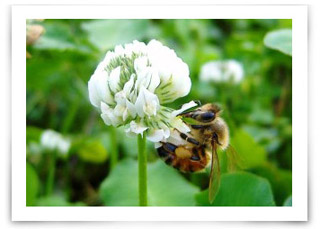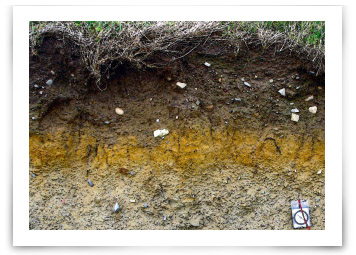Lawn Fertilizer and Chemical Use - Part 1
Pros, Cons, and What You Can Do
The use of fertilizers and other chemicals on grass lawns has become a hotly debated topic over the last few years, and for important reasons. Before we jump into offering suggestions on how to use fertilizers, we are first going to look more into this debate to understand the pros and cons of chemical fertilizer use with the goal of helping us all to be more informed consumers. The good news is that, as we learn more, we can all make better decisions for ourselves, our lawns, and our lawn care businesses.


The Boom of Fertilized Lawns in the U.S.
While the idea of using fertilizer to keep plants and crops growing is far from a new idea, the fertilizer industry changed quite a bit post-World War II. With more and more people able to realize the "American Dream" of owning a home and yard, increasing numbers of households were concerned with how to keep their lawns looking as sharp as their homes. Fertilizer was one way to keep the growing suburbs of grass green, but few wanted to go the route of using manure or other organic fertilizers. The smell and difficulty of transportation made for more trouble than they were worth. However, with the rise of inorganic, chemical fertilizers, suddenly a greener lawn was possible without the smell. Instead, by the 1950s these fertilizers were commercially available in a dried solid form that could be easily bagged, stored, transported, and applied to a lawn. The use of some forms of chemical fertilizers since then has grown 20 times the amount.
Negative Side Effects of Improper Fertilizer Use
Today, over 100 million tons of chemical fertilizers are used globally each year. And, when one considers all the energy that is used in producing this amount of fertilizer—let alone transporting it and applying it—suddenly the effects of fertilizer use go far beyond greener lawns and better crops. Specifically, some of the most troubling effects happen when fertilizers are used improperly. These negative effects include:
Doing Our Part – Proper Use
The good news is that many of these problems can be overcome as individuals focus on using chemical fertilizers more wisely. If you don't have time to consider some of these factors, then you really may not want to use these types of products as the negative effects are quite visible and could easily affect your family or your business. Here are three things we suggest to make a real difference:
Perform soil testing to ensure that you aren't paying for amounts or types of fertilizing that you may not need. If you don't need fertilizer - don't use it!
2. Consider using organic fertilizers, even fertilizers you produce via composting. 3. When you do apply fertilizers, make sure you are applying them at proper times and in proper places to ensure that the fertilizer reaches the soil and doesn't just run off. For example, apply fertilizers after aeration and not before a heavy rainfall when the fertilizer will be washed off of your lawn and into drainage.
In addition to fertilizing a lawn properly, remember that cutting the grass well also contributes to the health of the lawn, and Wright helps you do that. For more information on our mowers, call us at (301) 360-9810 (toll free) or visit our website here .


